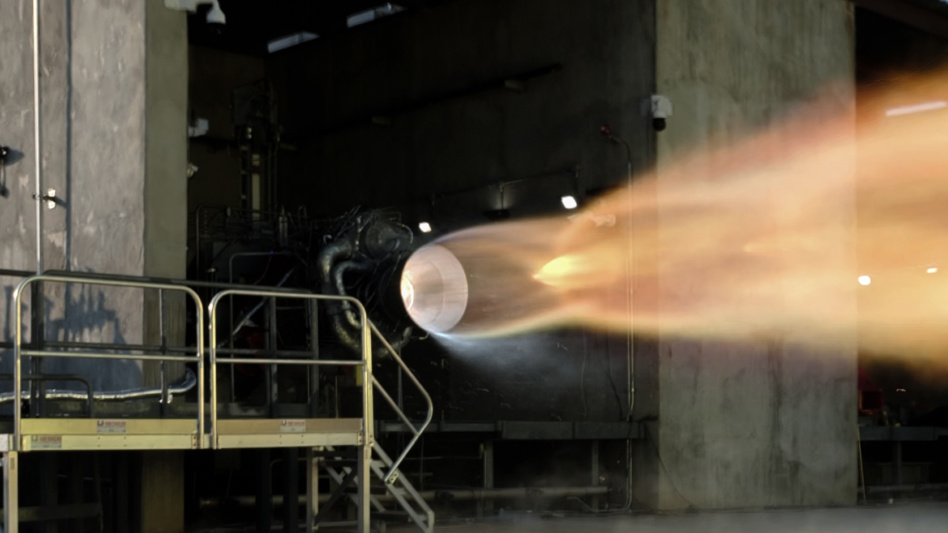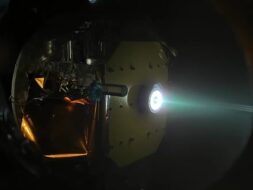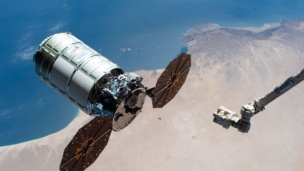On the heels of a record-setting quarter, Rocket Lab announced Thursday that it had notched a major milestone in its quest for medium launch with a successful hotfire of its new Archimedes engine.
Hot take: Rocket Lab has made its name so far in small launch, but its ambition lies beyond that. The company recently successfully test fired the Archimedes engine that will power its Neutron medium-lift rocket, which it hopes will break SpaceX’s monopoly in medium-sized launch vehicles.
Now they’re in the process of ramping up production of Archimedes engines and continuing to check off milestones in the development of Neutron’s hardware, fairing, avionics, and flight software.
$$$: The company also posted its highest ever quarterly revenue of $106M for Q2, a 71% YoY increase.
The revenue growth was driven by four launches in the quarter, up from three in the same period last year, and a 28% growth in revenue from its Space Systems business.
Passing the buck: At the start of the year, Rocket Lab projected it could launch its Electron rocket as many as 22 times in 2024. While they have since walked this expectation back, they were quick to point out that the fault lies with their customers, not with their own capabilities.
“There is just no customer readiness to support a launch beyond 18 for this year,” Rocket Lab CFO Adam Spice said on the earnings call.
However, the temporary reduction in their expected launch rate hasn’t impacted their future earning potential. The company has $1.07B in revenue backlog, 44% of which it expects to realize in the next 12 months.
Orders up: In the past year, Rocket Lab has signed 17 contracts for Electron launches, representing $141M in contract revenue. The company has also crossed significant milestones in current contracts, including:
- Completing production of two spacecraft for NASA’s ESCAPADE mission to Mars, expected to launch on Blue Origin’s New Glenn this year.
- Completing system design review of a $515M SDA contract to build 18 spacecraft.
- Delivering the first of 17 total flatsat spacecraft buses for a Globalstar constellation, as part of a $143M subcontract with MDA.
- Signing preliminary terms for $49.4M in state and federal funding to expand solar cell production and other critical space programs.
“Of all the things I worry about at night, demand is just not one of them,” said CEO Sir Peter Beck.
What’s next: Rocket Lab has yet to post a cash-flow positive quarter, and saw an adjusted EBITDA loss of $21.2M for Q2, a slight improvement from its $21.7 loss in Q1. However, it has explained that with Neutron, break-even is now on the horizon.
“We can’t get to cash flow positivity on a sustained basis until we get the first Neutron off the pad,” Spice said. “Two quarters after the first Neutron launch is where I think we turn that corner on a more permanent basis.”




